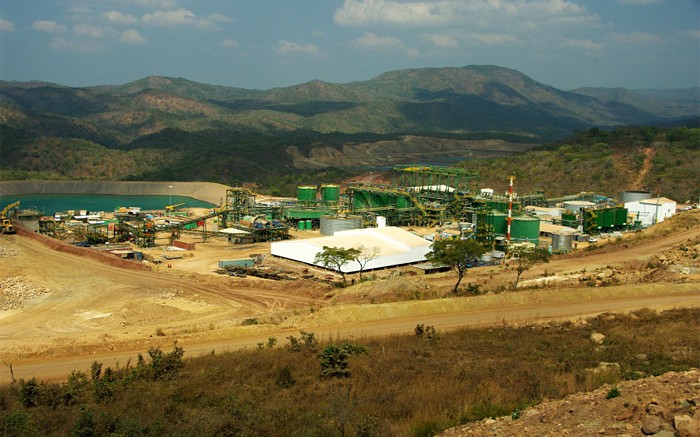The supply and demand fundamentals arguing for a lift in the uranium price are plain to see, but the market remains moribund.
With prices hovering at US$40 per lb. uranium oxide (U3O8), life for producers such as Paladin Energy (PDN-T) is tough right now, despite the fact that a supply shortage is almost assuredly coming.
But while it waits for prices to reflect the economic reality of the market, the company has been trying to get leaner so that it can survive these bitter times.
Its latest quarterly results show that it has been making progress.
Sales came in at 1.9 million lb. U3O8 at an average realized price of US$55 per lb., which is considerably higher than the current spot of US$40.70 per lb. The reason for the higher price is that Paladin sold most of its product via contracts.
On the cost side, the company has found enough efficiencies at its two mines in Africa to bring average sale costs down to US$45 per lb.
This means sales revenue was actually up for the quarter to US$106.1 million. That gain, however, couldn’t save the bottom line, as an impairment charge had to be taken on its Kayelekera mine in Malawi to the tune of US$44.8 million, and that made for a loss of US$54.1 million.
Despite the writedown, Kayelekera was a source of positive news for the quarter, as costs at the mine were down 8.5% from the previous quarter to US$39.80 per lb.
In fact, since last March, the company has cut operating costs by 27%. Costs at Paladin’s other producing mine — Langer Heinrich in Namibia — remained constant from the previous quarter at just under US$30 per lb.
One key advantage Paladin has over other juniors in the uranium space is that years of production have allowed it to build up its coffers. The quarter ended with the company holding US$113 million in cash. Against that, however, are debt commitments standing at US$670 million.
The company has repaid $180 million of debt over the last nine months and plans to pay down another US$54 million over the next 12 months, but its looming presence has led to advanced talks regarding a strategic alliance.
On a conference call connected to the quarterly results, Paladin’s chief executive John Borshoff wouldn’t offer any details on such talks, saying only that the company would proceed in a manner that most benefits the company. An announcement could come in weeks.
Borshoff was more expansive on the current state of the uranium market. He describes the current situation as a paradox, since demand is recovering after the Fukushima disaster. But with the uranium price so low, supply isn’t coming online.
“I wonder how much more of nothing will need to happen before the nuclear industry, particularly end-users, realize the point of ‘no time left for recovery’ has well and truly arrived,” he said, pointing out the amount of time that it takes to get projects into production.
“Demand has pulled itself up by its bootstraps post-Fukushima, while supply has gone into a tailspin with the projected supply gap ever widening,” he said. “For me, a supply shortage is unavoidable and will happen sooner rather than later. And the end-users are hoping against hope that somehow the mining industry will commit economic suicide and start building new mines in sufficient quantity just because they love digging holes in the ground. Bullshit.”
With 66 new reactors in construction, his words shouldn’t be taken lightly.
Indeed, the last significant uranium mine to be built was Paladin’s Kayelekera, which came online in 2009. Since then, rather than adding production, big players like Areva have actually scaled back production, or — in the case of BHP Billiton’s (BHP-N) Olympic Dam mine in Australia — postponed expansion to a far-off date.
“I’m confident uranium prices can’t remain where they are, as it makes a standstill on all new production because there is no incentive,” he said.
In the meantime, Paladin’s focus, he said, is to be as efficient as possible so that its natural leveraged position to the uranium price can propel it forward when things turn good again.


Be the first to comment on "Paladin waits for fundamentals to take hold"